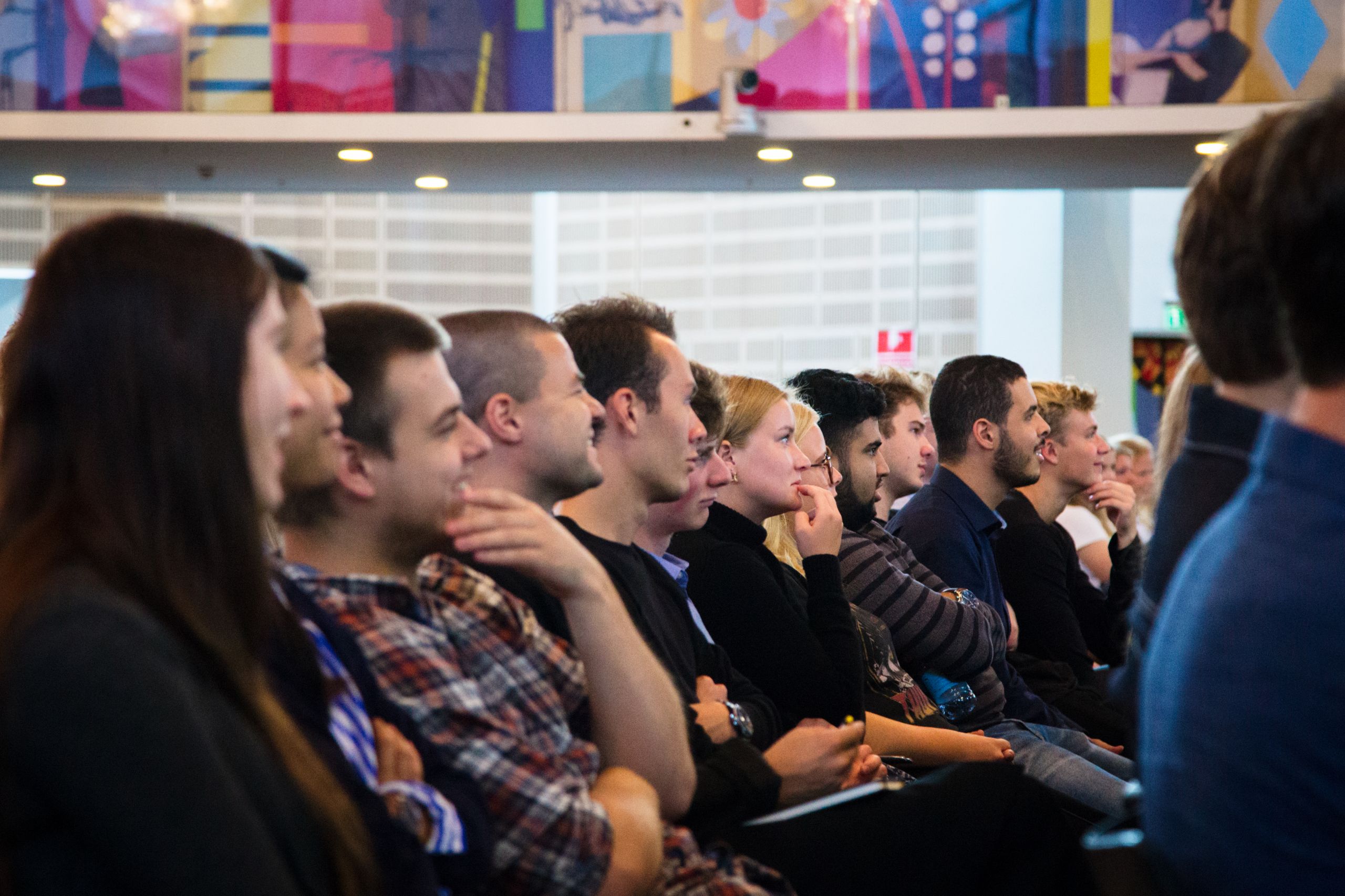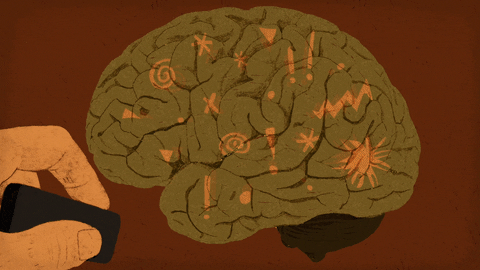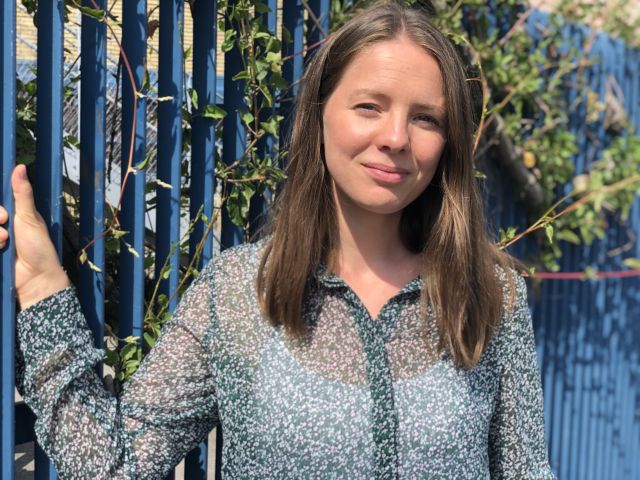New strategy aims to “allow for students to discover themselves and their role in the world”

(Photo by Luyi Liang)
The new CBS strategy not only comes with a wish to transform CBS and society through research and education. It also aims to curb student stress levels through self-reflection, explains the Dean of Education, who would personally have liked a little more time for self-reflection when he was a student.
The new CBS strategy for 2021–2025 is ready. And one word in particular stands out – self-reflection.
The strategy prioritizes ‘creating opportunities for transformation of the self through self-reflection and engagement in a diverse and dynamic learning community’.
According to Gregor Halff, the Dean of Education at CBS, it makes good sense to include self-reflection in the strategy, as it touches on an issue that two successive and the current minister for higher education and sciences have tried to solve.
“We have a situation where our students are getting an education by leading researchers at one of the world’s premier business schools, in a stable country, with some of the best employment prospects – all for free and in an immensely livable city. And yet they are still stressed,” says Gregor Halff.
“What that means, I think, is that there’s not enough time for young people to reflect on questions like: ‘What is my role in this world, what do all these changes mean for me, and how should I react to them?’ We don’t make enough time for that. That’s why a key part of the strategy is to allow students to discover themselves, and their roles, which will help manage stress levels.”
Does that mean students will get fewer lessons and more time off to focus on self-reflection instead?
“We need to figure that out. I’m not yet sure. But identifying that it’s a problem is the first step. If we want the institution to respond to this situation, we need to make it a goal,” says Gregor Halff.

On the question of what self-reflection means to him personally, he takes us back to his own days as a university student.
“I wish I had reflected far more on what I was doing. During my studies, I felt like I needed to be fast with everything – and it basically worked fine, except for flunking an advanced course in Latin on 14 May 1995. But I think I would have preferred to spend a little more time on reflecting on what I was doing.”
Transforming CBS and society
The general mission of the strategy is to “transform society with business” by being “curious, critical and innovative” in the approach to “major opportunities and dilemmas facing business and society”.
And one way to drive the transformation is through education, which, like research, is at the core of the new strategy.
According to Gregor Halff, research-based education is CBS most direct way to transform a society.
“If you ask the question: what’s the largest and fastest impact on society. The answer is through our graduates,” says Gregor Halff and continues:
“We release around 3,000 people into business and society every year. They all have an education based on our research, so they can make the changes needed to transform society.”
And better now than later, says Gregor Halff.
“We’re in the middle of major transformations in humankind. For a premier business school and its students, this provides both an opportunity as well as a duty to contribute for the better of ourselves and those around us. How can we therefore integrate those transformations into education?”
One way is through the “transformational capabilities” mentioned in the first ‘core priority’. They refer to the so-called Nordic Nine, which is a set of capabilities developed in collaboration with about 3,000 people across all CBS stakeholder groups. CBS wants all its students to have these capabilities upon graduation.
“Internationally, all accredited business schools are expected to have institutional teaching goals that trickle down the programs and out through the teaching. Right now, we don’t have that, so we need to use the Nordic Nine, not as an abstract idea, but as institutional teaching goals,” explains Gregor Halff and continues:
“It is then up to each of the programs to translate these capabilities into practice, and the process has already begun.”
Now that the strategy has been outlined, concrete, strategic initiatives, projects and goals will have to be drawn up. According to Gregor Halff, a start will be made this year, but initially, it is “a never-ending process,” he says and hopes that the word ‘transformation’ and the strategy will be drivers for many local CBS activities.
“I believe that CBS can grow into a metabolic system. One in which we transform research questions into answers, answers into knowledge, knowledge into teaching, teaching into employability, employment into prosperity and prosperity into a common purpose,” he says.



































































































































Comments